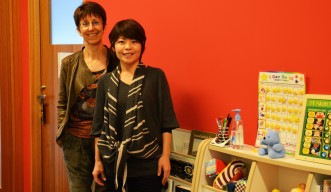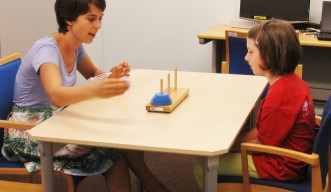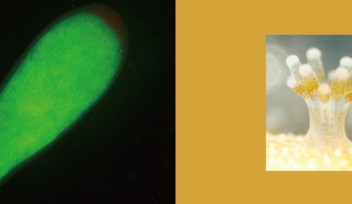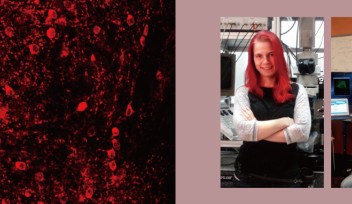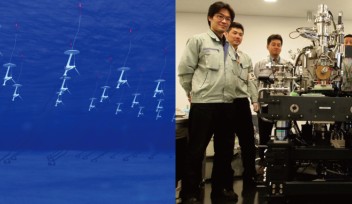Okinawa-born ADHD Program for Japanese Parents
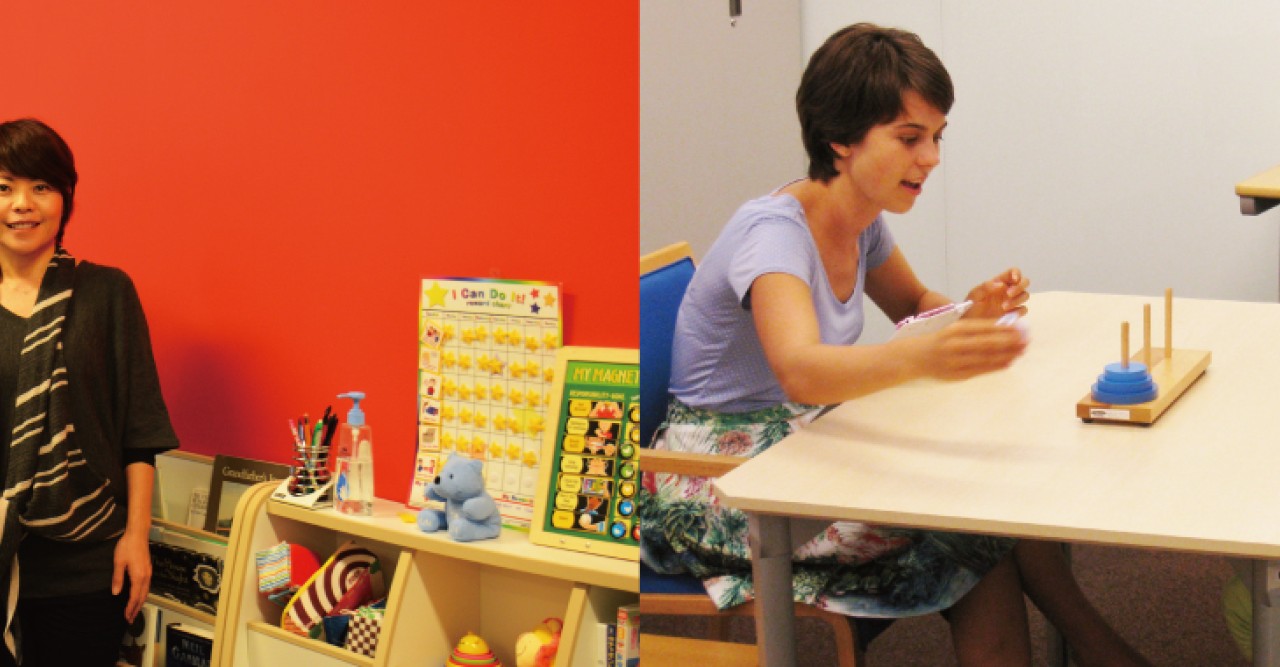
Based in OIST Seaside House, the Human Developmental Neurobiology Unit led by Prof. Gail Tripp aims to improve the understanding and management of attention deficit hyperactive disorder (ADHD), a neurodevelopmental disorder in which children exhibit short attention spans, elevated levels of motor activity, and impulsiveness. In an effort to improve the way families cope with ADHD, Dr. Shizuka Shimabukuro is developing a parent training program specifically adjusted for the parenting style in Japan.
Parent training programs for ADHD offer parents strategies to improve their child’s behavior by reinforcing appropriate behavior. Currently in Japan there are few programs available that specifically target management of ADHD. Dr. Shimabukuro’s program incorporates known effective elements from overseas programs modified to make them more congruent with life in Japan. For example, instructions on how to play certain games with the child to improve attention and the ability to follow directions are included in the original training; in this case, the games used are substituted by ones that are more common in Japan.
Another unique feature of the program being developed by Dr. Shimabukuro is that it goes beyond parent training to address the challenges parents face in parenting a child with ADHD. “Parents with children that have ADHD tend to suffer from higher stress levels,” says Dr. Shimabukuro. “Before we start training parents on how to handle their child’s behavior, our program first trains parents to handle their own emotional state by learning stress management, anger control, and how to handle unhelpful thoughts.”
Dr. Shimabukuro carried out a focus group study in 2012 to identify parents’ concerns and attitudes before running a preliminary trial of the program in the summer of 2013. In the preliminary trial, 19 Japanese parents were invited to the OIST Seaside House to undergo 11 training sessions. She is currently revising the program based on participating parent’s responses to, and feedback on, the program. An experimental run with more participants is scheduled in this year in order to empirically assess the effectiveness of the program.
Key to this development will be the role of positive reinforcement in behavior training. “Current research shows that children with ADHD differ in how they experience reward. They are more sensitive to delays in reward and may not be as good at predicting when reward is coming,” explained Dr. Shimabukuro. She continued “It is very important that children with ADHD are rewarded often and as soon as possible after engaging in appropriate behaviors. These rewards can be as simple as a small compliment or a smile. But Japanese parents, especially Okinawan ones, are shy about praising their children even if they know that praising them is good. Overcoming the cultural norm on using praise will be one of the major challenges.”
In the future, Dr. Shimabukuro also plans to expand the program to school teachers with students that have ADHD.
Research Unit
For press enquiries:
Press Inquiry Form










